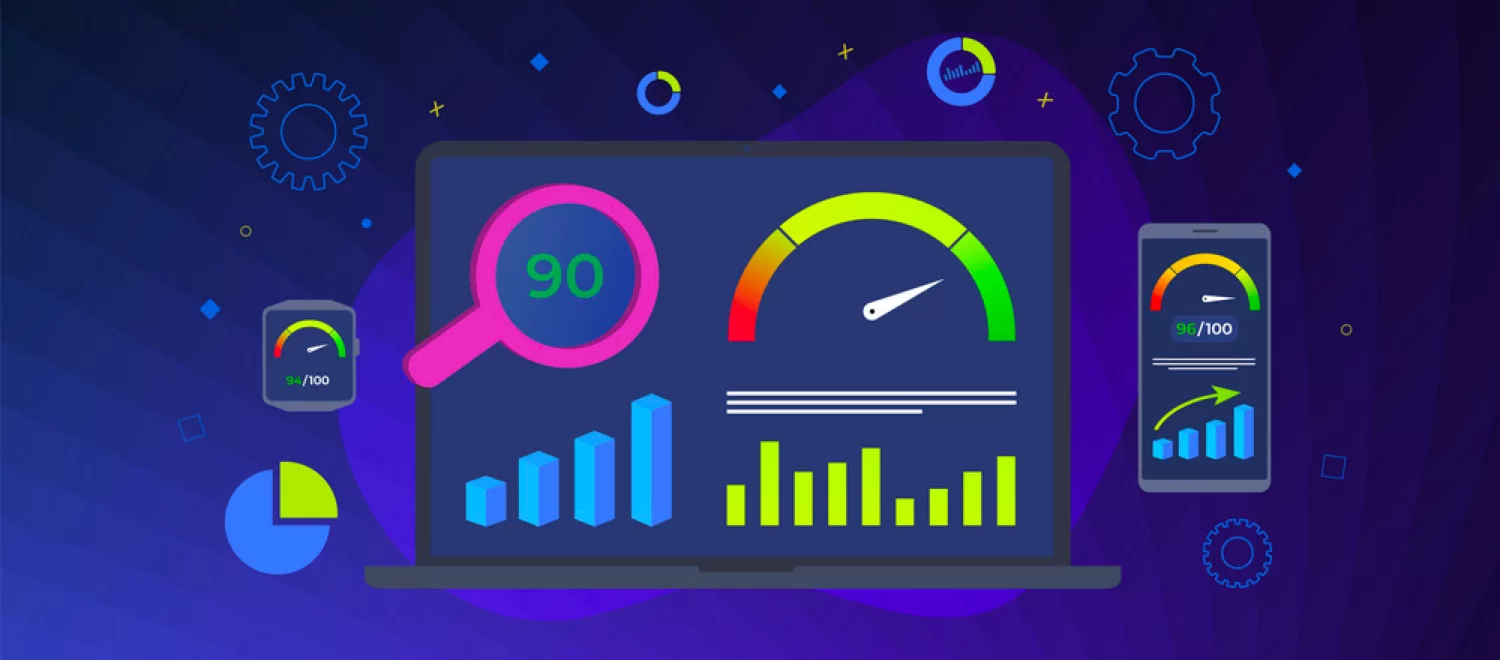Search engine optimization and user experience are the two inevitable segments of digital assets where, whether a website or a mobile app, they cannot compromise on these quintessential aspects while striving hard to build brand visibility and presence in the web world.
A high-performance website has a myriad of traits that are verified and qualified to make it an idle one and among those, there is this one categorized as Page Speed Optimization

Page speed optimization plays a crucial role in SEO and is a mandatory guideline as per the Google indications in the list of towering a website on the SERPs.
Not only do search engine spiders need a fast web to crawl your web, so with the time, but they have also “budgeted” they can find the largest number of URLs on your page, even the users who land up on your website judge you strenuously if while navigating product/services individual pages.
And if your web pages tend to test the patience of both the search crawlers and users, certainly your website will face troubles in positioning itself and progressing forward with their trade business.
“A non-optimal speed can even give the impression that there are pages that do not load, therefore it is worth focusing efforts on optimizing and improving the performance of website pages to have an optimal user experience and to be in the good eyes of search engines.”
Thus, it becomes a priority for a website builder and the marketer to prioritize the loading speed of the website and its pages to improve SEO, performance, and customer experience.
How?
Let’s take a rundown:
Best Techniques to Augment Web Page Speed
#Specify Browser Cache
Improving the loading speed of a website (page speed) and in turn, the conversion rate of your business, goes through caching the elements that compose it by making fewer requests to view each page. The use of the browser cache for static resources saves time for the user if they visit the site more than once.
The recommended expiration values depend on how often your website is updated, although those times can be adjusted later.
#Minimize HTML, JSS, and CS
Resource minimization refers to the removal of unnecessary characters/bytes such as extra spaces, newlines, indents, etc. It is a secondary implementation compared to Gzip, caching, and file unification, but it can bring extra savings by eliminating unnecessary code in the HTML of the page.
It is recommended for all JS and CSS files:
- Unify strings of spaces into one
- Remove indentation
- Use .min versions
- Delete comments
#Optimize Images and Videos
Using the smallest possible size in the images reduces the loading time of the resources since the images on the page can be optimized to reduce their size without significantly affecting their visual quality.
Image formats recommended by Google:
- PNG files are almost always superior to GIF files, although they are only partially compatible with some older versions of the browser.
- Use GIF files for very small or simple graphics, for example, smaller than 10 x 10 pixels, or with a color palette of fewer than 3 colors.
- Use JPG files for all photo-style images.
- Don’t use the BMP or TIFF files.
Compress all high-definition videos and images, there are many tools available for the same. Prefer embedding a third-party video hosting platform to lower the impact on your hosting server’s bandwidth.
#Enable GZIP Compression
Servers have the ability to compress files in gzip format before sending them for download, it is recommended to use this Gzip compression for files with the following extensions:
- .js
- .cs
- .html
- .xml
- .svg
- .woff
#CDN
Content Delivery Network (CDN) is a set of locations in the world, which locally redistributes the content of the servers and caches the files that do not need permanent updating.
This allows a faster download time from the site to load balancing occurs between the servers that are part of the system and when downloading the contents from the server closest to each client.
The use of CDN is necessary for websites that wish to offer services across the globe. It is essential for serving users around the world, whether it be to offer file downloads or to deploy websites and applications.
Re-engineer Your Website’s Architecture with Experts!
Differentiate yourself from the crowd and optimize your websites and applications with expert advice from CodeGlo’s technical team. We help you streamline all aspects of web and app optimization to augment user experience.







